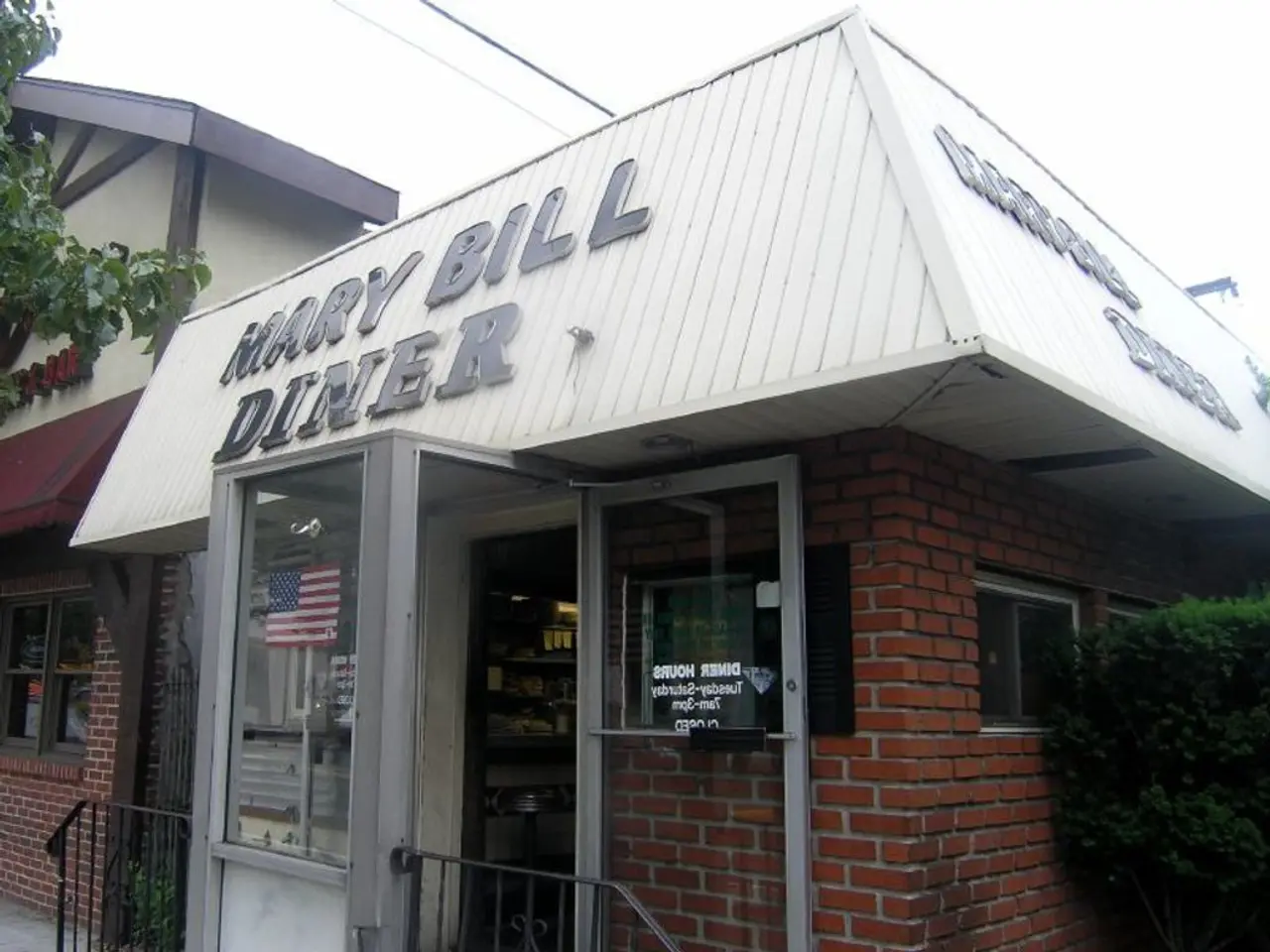Barriers to Investment in Renewable Energy for USGBC LEED Green Associates: Navigating Obstacles
In the pursuit of sustainability, on-site renewable energy Power Purchase Agreements (PPAs) have emerged as a practical strategy for businesses to invest in green power without incurring high capital investment, maintenance costs, and slow initial financial returns.
A power purchase agreement (PPA) involves a third-party developer installing, owning, and operating a renewable energy system, such as solar panels or wind turbines, on a company's property. The company, in turn, agrees to purchase the electricity generated by the system at a fixed rate, typically lower than utility prices, for a set period of time, usually 15-25 years.
One of the key advantages of an on-site renewable energy PPA is the absence of upfront capital costs. Companies do not have to bear the expense of buying the equipment, allowing them to allocate their funds elsewhere. Additionally, the responsibility of maintenance falls on the developer, eliminating the need for companies to prepare for the maintenance needs of new renewable energy equipment.
On-site renewable energy PPAs also offer immediate cost savings. By purchasing electricity at a lower rate, companies can significantly reduce their energy bills. Furthermore, the reduced risk associated with direct investment in green energy sources is mitigated, as the company is not responsible for the performance or upkeep of the renewable energy system.
Another benefit is the flexibility that on-site renewable energy PPAs provide. Companies are not required to divert their research and development funds to large-scale hydroelectric power or relocate to regions better suited for harnessing renewable energy.
Moreover, on-site renewable energy PPAs can help companies achieve green power investments with faster initial financial returns. This is a practical and cost-effective way for companies to invest in green power while overcoming financial and operational barriers.
It is essential to note that the planning stages of a project are crucial. A charrette, an intensive, multi-disciplinary workshop for developing designs or visions for projects or planning activities, can help establish clear goals and objectives, identify opportunities and constraints, generate creative ideas, foster collaboration, reduce conflicts, enhance communication, and build trust. Charrettes should ideally take place at the beginning of a project, engaging all stakeholders including clients, users, consultants, contractors, regulators, and community members.
In conclusion, on-site renewable energy PPAs provide companies with a sustainable and cost-effective solution for their energy needs, allowing them to invest in green power while minimizing their financial and operational risks. By embracing this practical strategy, businesses can contribute to a greener future while ensuring their economic viability.
Read also:
- MRI Scans in Epilepsy Diagnosis: Function and Revealed Findings
- Hematology specialist and anemia treatment: The role of a hematologist in managing anemia conditions
- Enhancing the framework or setup for efficient operation and growth
- Hydroelectric Power Generation Industry Forecasted to Expand to USD 413.3 Billion by 2034, Projected Growth Rate of 5.8% Compound Annual Growth Rate (CAGR)








